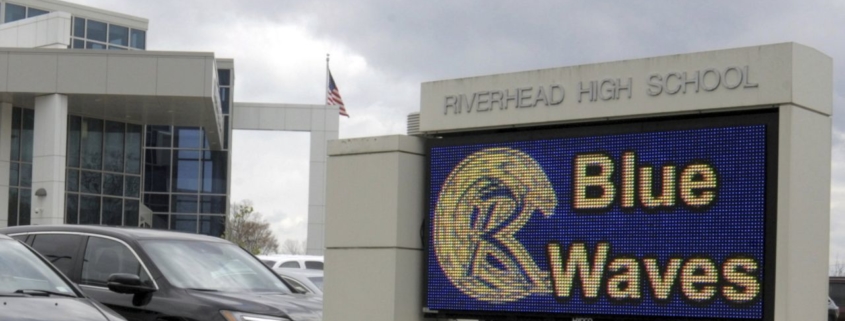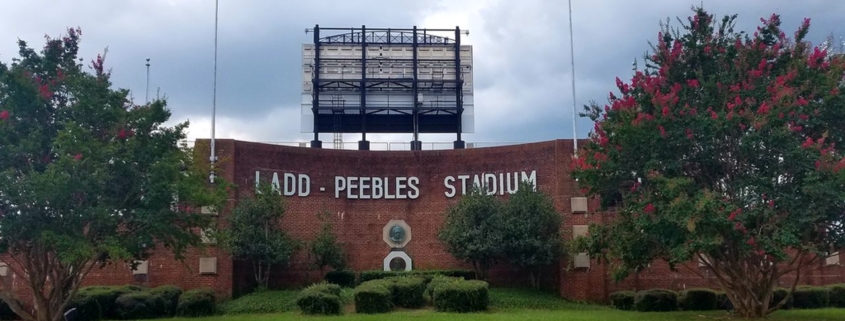Riverhead schools: Computer system damaged by possible ‘cyber incident’
The Riverhead school district’s computer system was damaged by a possible “cyber incident” that has crippled its email and internet services, district officials said Friday.
District officials said they discovered the problem Friday and are investigating the source of the breakdown.
“Preliminary reports indicate it might stem from a cyber incident,” the district said in a written statement.
A cyber incident is a breach of a system’s security in order to affect its integrity or availability, or the unauthorized access to a system, according to the National Cyber Security Centre.
The announcement of the cyber incident occurred only days after the Riverhead Board of Education adopted a cyber incident response plan on Tuesday.
Officials said the full extent of the damage remains unclear. The incident has not affected the district’s student management systems, as that data is housed off-campus. School phone lines remain operational, officials said.
Superintendent Augustine Tornatore did not respond to requests for an interview.
The Riverhead school district has about 6,000 students and 400 teachers, according to the National Center for Education Statistics.
During Tuesday’s school board meeting, technology director Robert Hines said the district has already placed advanced firewalls between the system and the internet.
The district has also upgraded email security, he said, noting that the great majority of cyberattacks start with an email.
He also noted that the district’s wireless…



